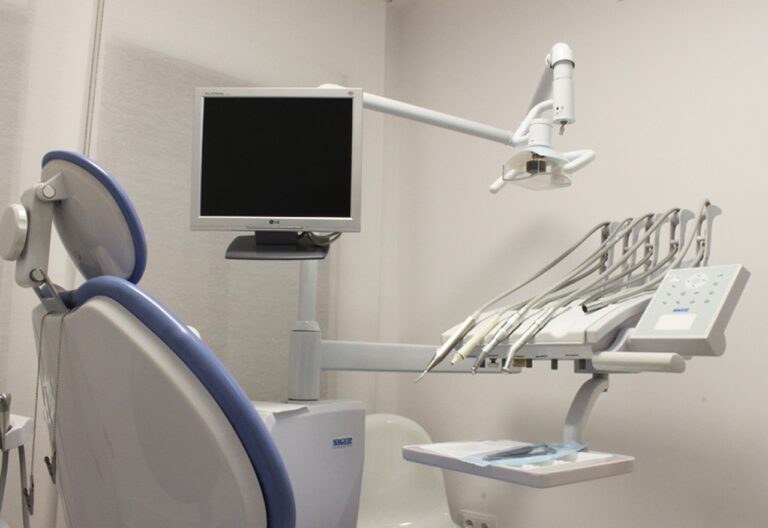Does VCA Take Pet Insurance?
In today’s pet care landscape, the health and wellbeing of our furry companions are of utmost importance. Leading the charge in providing comprehensive pet healthcare is VCA Animal Hospitals. This article explores the synergies between VCA Pet Insurance and Wellness Plans, offering pet owners a roadmap to holistic pet care.
Yes, VCA Animal Hospitals can accept pet insurance.
Understanding VCA Pet Insurance
VCA Pet Insurance serves as a financial safeguard against unexpected veterinary expenses, ensuring your pet receives the best possible care in times of need. This insurance covers a range of treatments and procedures, crucial for pet owners who face sudden health emergencies with their pets.
What VCA Pet Insurance Covers:
- Emergency treatments for sudden illnesses or injuries
- Surgical procedures, including complex operations
- Diagnostic tests like X-rays and bloodwork
VCA Pet Insurance for Dogs: VCA acknowledges the diverse needs of different dog breeds, offering tailored plans that cover everything from routine wellness checks to emergency interventions.
VCA Pet Insurance in California: For Californian pet owners, VCA offers insurance plans that are compliant with state-specific veterinary regulations, ensuring pets receive the best care tailored to regional health risks and requirements.
The Benefits of VCA CareClub Wellness Plans
The VCA CareClub Wellness Plans are designed to provide routine veterinary care. These plans are essential in maintaining your pet’s health over the long term, ensuring they receive consistent and preventive care.
- Annual wellness exams to monitor health and prevent diseases
- Regular vaccinations to protect against common illnesses
- Preventive treatments to keep common pests and problems at bay
Enrolling in a wellness plan like the VCA CareClub ensures your pet receives consistent care, crucial for catching potential health issues early on.
Maximizing Pet Health: Integrating Insurance with Wellness Plans
Combining VCA Pet Insurance with the CareClub wellness plans creates a comprehensive health safety net for your pet. This integrated approach covers both unexpected medical needs and routine care, ensuring a well-rounded approach to your pet’s health.
Case Study: Consider the story of a pet owner who used both VCA insurance and a CareClub plan. Their pet, a young Golden Retriever, faced an unexpected health scare requiring emergency surgery. Thanks to their VCA Pet Insurance, the surgery costs were significantly offset. Post-recovery, the CareClub plan helped maintain the dog’s health through regular checkups and preventive care.
VCA Pet Insurance Reviews: Real User Experiences
Gleaning insights from real user experiences highlights the effectiveness and reliability of VCA Pet Insurance. Many pet owners share stories of how VCA’s coverage helped them manage high-cost veterinary procedures and provided peace of mind in stressful times.
VCA CareClub vs. Pet Insurance
When considering VCA CareClub and traditional pet insurance, it’s crucial to understand their distinct roles. VCA CareClub primarily focuses on routine and preventive care, which includes regular check-ups, vaccinations, and early detection of potential health issues. In contrast, pet insurance typically covers unforeseen illnesses and emergencies, providing a safety net for more significant, unexpected medical expenses.
For comprehensive coverage, many pet owners choose to combine both. This ensures that their pets are protected in case of both routine health needs and unexpected medical emergencies. For instance, while CareClub might cover annual vaccinations and wellness exams, pet insurance would be invaluable in covering the costs of an unexpected surgery or treatment for an illness.
Key Considerations:
- Flexibility: VCA CareClub plans offer flexibility in routine care and are ideal for managing predictable healthcare expenses.
- Comprehensive Coverage: Pet insurance provides a safety net for high-cost, unforeseen health issues.
- Cost-Effectiveness: Combining both provides peace of mind and can be more cost-effective in the long run.
Comparing VCA with Other Pet Insurance Providers
When comparing VCA to other pet insurance providers like Spot Pet Insurance, consider the following pros and cons:
- Pros: Comprehensive coverage options, tailored plans for different needs and regions.
- Cons: VCA may have higher costs compared to some other providers, but it offers specialized services.
Conclusion
Integrating VCA Pet Insurance with Wellness Plans offers a comprehensive approach to pet healthcare. It not only ensures that your pet receives both emergency care and routine preventive treatments but also offers peace of mind and potential cost savings in the long term.
FAQs
1. Why is VCA vet so expensive?
One of the primary reasons VCA vet services are expensive is due to the equipment they use. Veterinary clinics, much like human hospitals, require state-of-the-art diagnostic equipment such as digital X-ray and ultrasound machines. These tools are costly to purchase and maintain, contributing to the overall cost of veterinary care.
2. What does pet insurance take care of?
Pet insurance is designed to help cover the cost of medical care for your pet. It typically reimburses expenses related to various treatments and procedures. This includes cancer treatment, emergency care, prescription medications, and surgeries, ensuring that your pet receives the necessary medical attention without causing undue financial strain.
3. What are the 4 types of pet insurance?
Most pet insurance companies categorize their products into three main types: accident-only, accident and illness, and wellness coverages.
- Accident-only: Covers injuries and emergencies resulting from accidents.
- Accident and Illness: Covers both accidents and a wide range of illnesses.
- Wellness Coverages: Focuses on preventive care, such as vaccinations and regular check-ups.
Each type varies in terms of the services covered and the price, and the choice depends on the specific needs of your pet.
4. How do I know if my vet is overcharging me?
To determine if a vet’s charges are reasonable, it’s advisable to call several veterinary clinics and inquire about their fees for similar services. This allows for a comparison of costs. However, it’s important to consider that higher costs may sometimes reflect better quality care or more comprehensive services.






